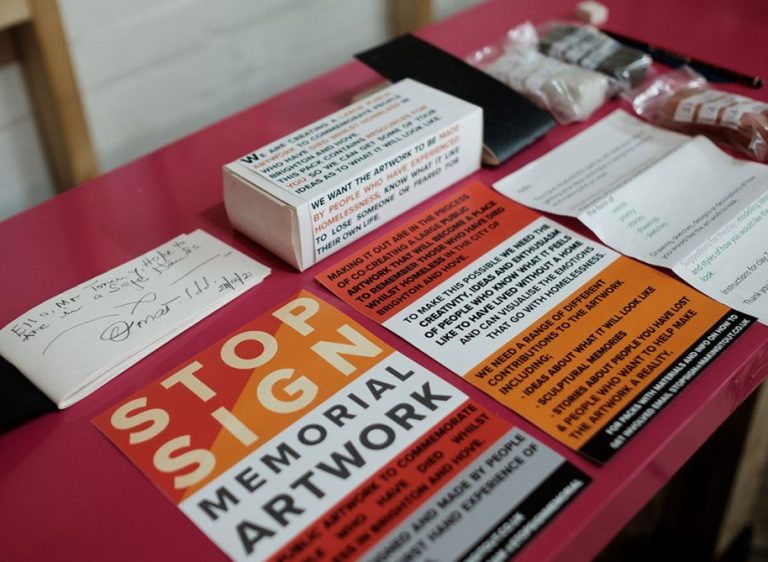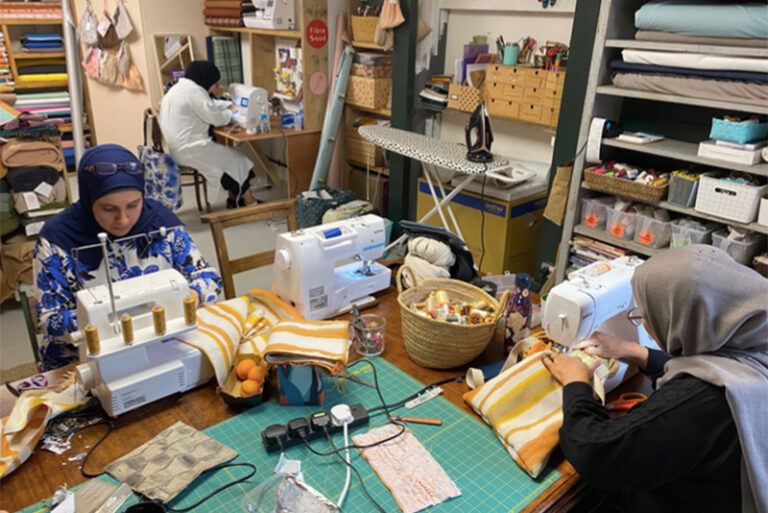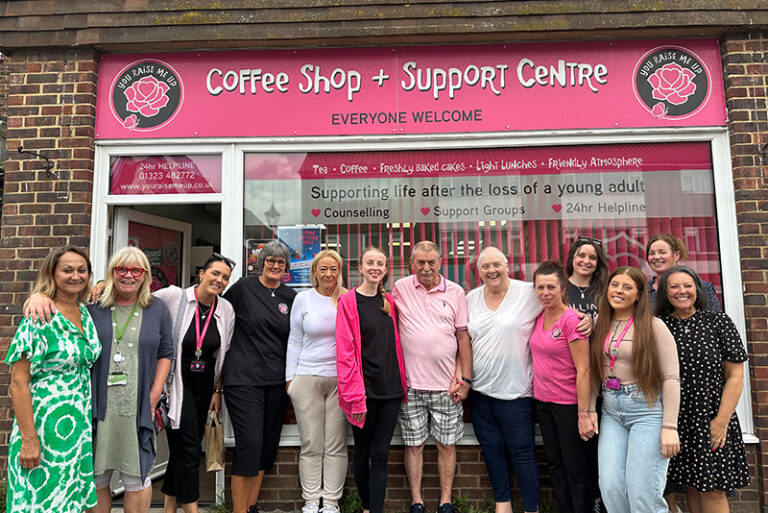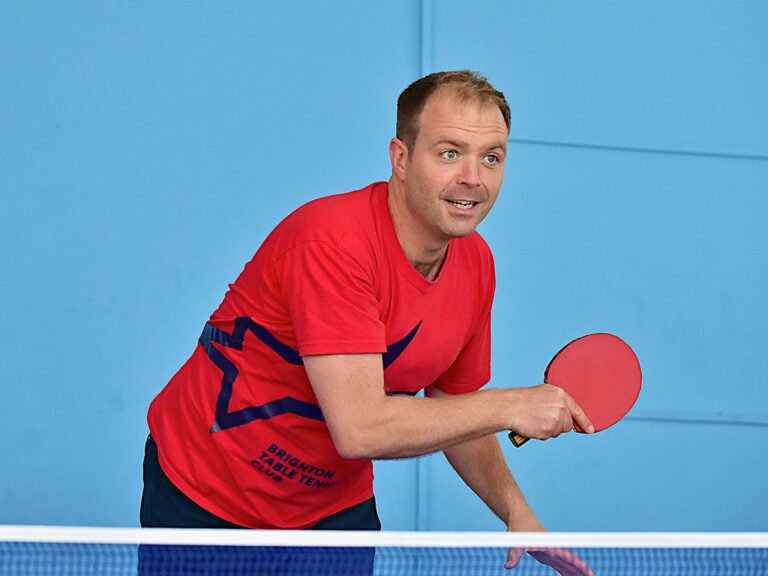Making It Out’s tagline is ‘Creative alternatives to repeat offending’. At their Portside workshop the team design and make furniture, installations and a range of products from small scale pieces to larger public art installations. The difference between MIO and a normal workshop is that the charity only works with people who have come from or are in the prison system. The outcome is a space where participants can access job opportunities and learn and grow in confidence in a creative and supportive environment.
I visited the MIO workshop at Portside Studios in Portslade on a scorching summer’s day in May. The output of the workshop spilled out onto the pavement; its large wide open doors lined with murals and artwork made by participants revealing a hive of activity.
I met Founders Lucy and Mark and Ess, who Mark had met through the Choir with No Name – a Brighton choir consisting of people who have experienced Homelessness.
Ess has been coordinating and developing the ‘Stop Sign Memorial’ project since the beginning of lockdown. Through the ‘Stop Sign Memorial’ project, Making It Out are co-creating a large sculptural artwork to commemorate people who have lost their lives whilst homeless in Brighton and Hove.
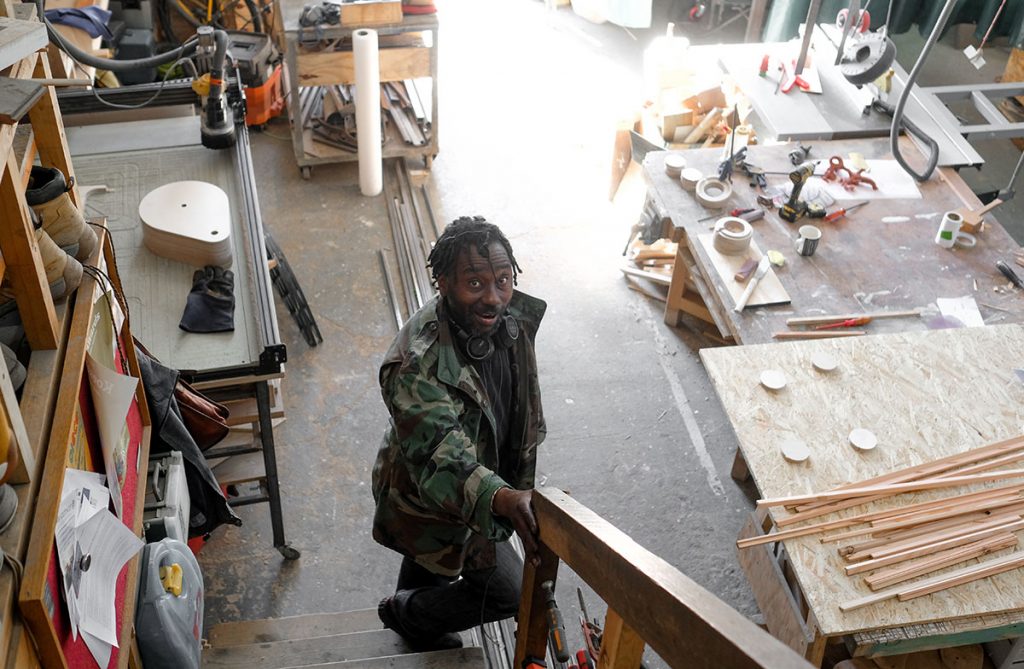
It is important for the team that the artwork belongs to the people it will mean the most to. So they are inviting only people who have experienced homelessness either themselves or through loved ones to participate in the design and manufacture of the artwork.
Currently in its early stages, packs are being distributed to participants who are being invited to share drawings, write and even make small clay models about their experiences of homelessness.
One participant drew a picture of a disabled toilet key referring to it as ‘the key of life’, and then went on to describe how ‘you have to drink and take drugs to get through the night, noise and cold’ and in another account someone talked about how their friend had died of a drug addiction.
Even in its early stages the project offers a valuable insight for all of us who haven’t experienced homelessness into what life can be like on the streets. It also has the potential to give a necessary and important platform to those who often find themselves without a voice and become a physical living memory of those who have been lost.
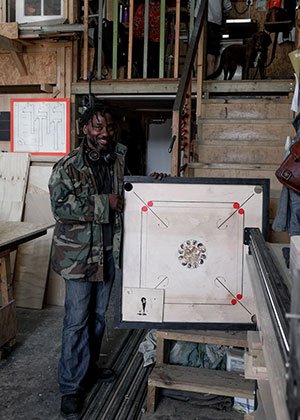
I met Omar, who was participating in the Stop Sign Memorial and had also been visiting the workshop regularly for several months. Omar was in the process of creating an incredible wooden board game called a Carrom board, which is native to his home country of Zimbabwe. It appeared really important to him and it felt very special that Omar had a space where he could create and manufacture objects that connected him to his roots and reminded him of a country that he had not visited for many years.
In the art room I was shown other striking pieces, beautiful self portraits and a powerful clay sculpture of a heart wrapped in barbed wire that had been started in prison and had the barbed wire added at a later date.
Making It Out directly challenges the stigma associated with prison and homelessness by simply producing great quality work and thought provoking, interesting art that really captures the collective voice of the outsider.
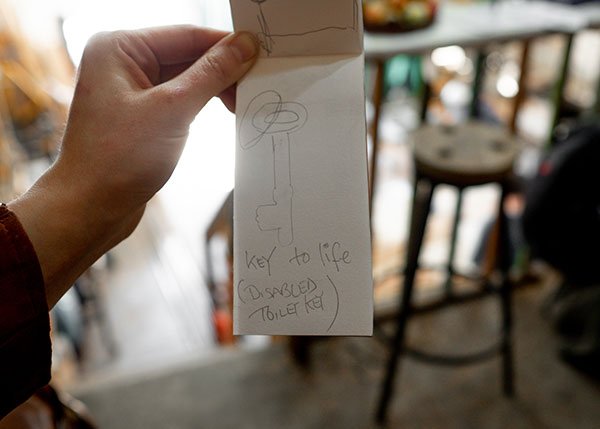
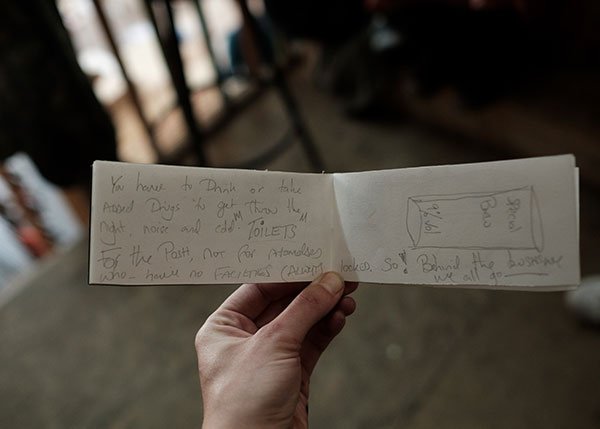
The Stop Sign Memorial project was funded by an Enjoolata Community Grant. To find out more about Making It out and the Stop Sign Memorial project visit – makingitout.co.uk
